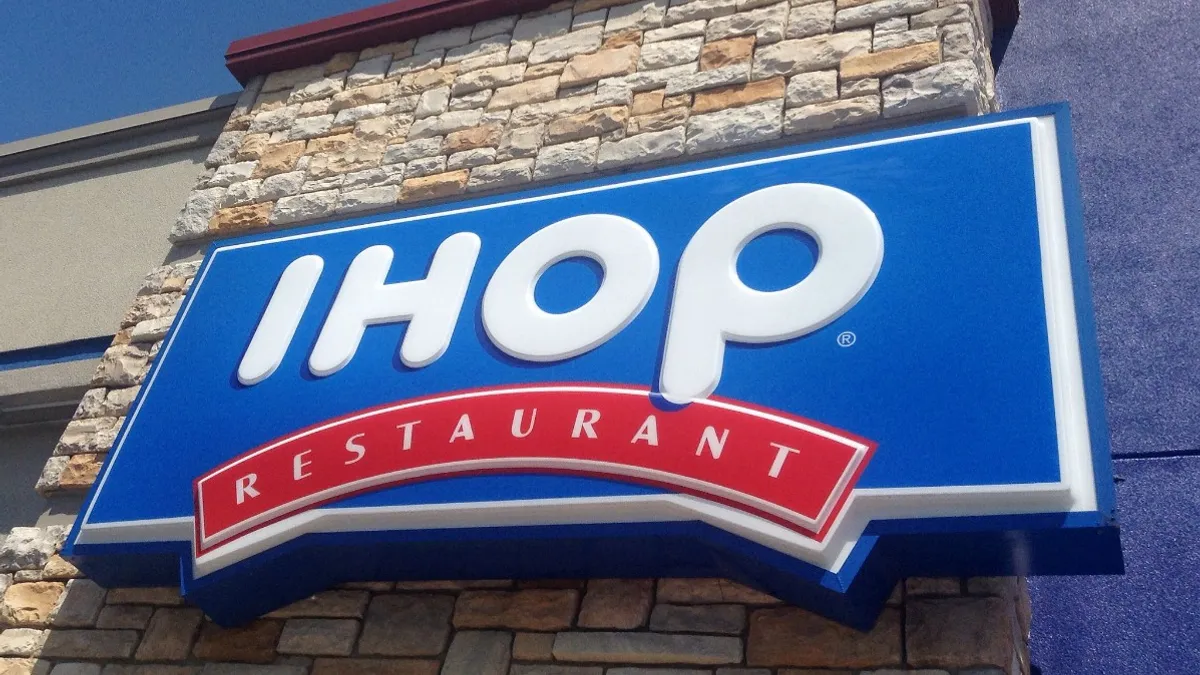Dive Brief:
- A manager at a Frederick, Maryland, IHOP restaurant subjected women, including teen workers, to sexual harassment in violation of Title VII of the Civil Rights Act of 1964, the U.S. Equal Employment Opportunity Commission charged in a lawsuit.
- EEOC said the manager subjected female employees to unwanted advances and touching, sexual comments and intrusive questions about their personal relationships, among other things. The EEOC also said that the manager conditioned decisions on leave, scheduling, shift and table assignments upon submitting to his sexual advances.
- Koerner Management Group, Inc., the Virginia-based corporation that operated the franchise, knew about the sexual harassment — one teen worker called IHOP's corporate office to complain — but failed to stop the harassment, the agency said.
Dive Insight:
"Unfortunately, sexual harassment remains a serious problem in the restaurant industry," said EEOC Philadelphia Regional Attorney Debra Lawrence in a statement. "The EEOC is committed to protecting all workers from sexual harassment if an employer fails to do so."
More claims are filed in the restaurant industry than in any other industry, according to the Harvard Business Review. COVID-19 could be making things worse; a December study from One Fair Wage found that restaurant workers are experiencing an increasing number of sexual harassment incidents as the global pandemic continues.
Celebrity chefs as well as chain restaurants, including McDonald's, Del Taco, and Chipotle, have seen accusations of sexual harassment. McDonald's, in particular, has been pushed to remedy the issue; in response, the company enacted Safe and Respectful Workplace Training in all of McDonald's corporate-owned restaurants.
Preventing sex harassment and discrimination has long been on the EEOC's radar. One of the six national priorities identified by the EEOC's Strategic Enforcement Plan is the prevention of sex harassment and discrimination.
The EEOC noted in the press statement announcing the lawsuit that KMG did not have an effective anti-harassment policy or provide training on how to report harassment.
Harassment complaints should be taken seriously and HR should follow up on any reports of misconduct. Good-faith investigations should be undertaken that include interviewing witnesses, making a record of all discussions and, if sexual harassment is discovered, measures should be put into place with an eye toward making sure that the misconduct does not continue, Pavneet Singh Uppal and Shayna Balch, both partners at Fisher Phillips LLP, told attendees at a 2018 conference.
Employers should also check local, state and federal laws for compliance obligations. In the past several years, a number of states and localities have adopted mandatory sexual harassment training laws.












